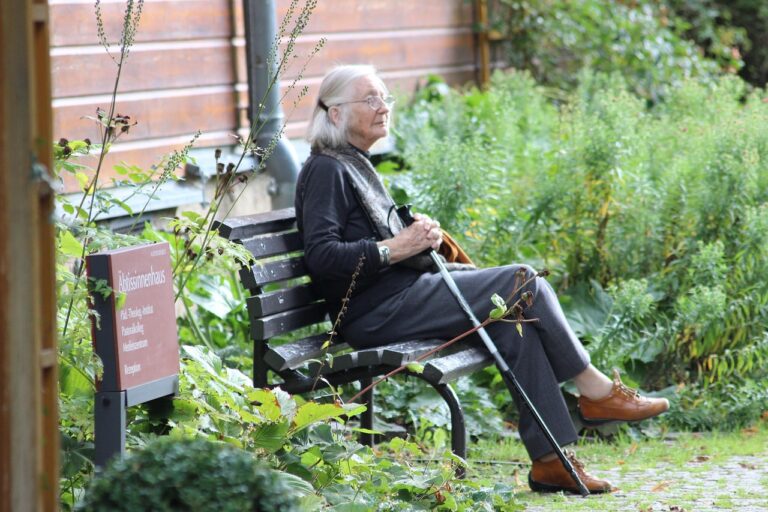Belgian lawmakers are weighing the amendments to the country’s 20-year-old euthanasia law that allows patients diagnosed with dementia to be euthanized.
The proposed changes mark a major expansion of Belgian euthanasia law, originally passed on May 28, 2002, making it the second country in the world to legalize practices. Since its introduction, official data up to 2023 shows that 37,606 people have died through euthanasia in Belgium.
Advocates of the revision argue that it allows patients to exercise autonomy even if they lose the ability to communicate their wishes. The Institute of Medical Anthropology and Bioethics (IMABE), an Austrian think tank founded by the Austrian Bishops’ Conference, reported on March 26 that the proposed law would expand euthanasia to those who could no longer express their consent.
The bill was introduced in Belgium’s federal assembly on September 4, 2024. Two members of the Open Flanders liberal and Democrats, Irina de Knop, Mayor Rennick and Katya Gabriels, were speaking out in favor of the amendment.
In a statement on social media and on her website, De Knop defended the proposal and opposed criticism from the religious system.
“It is the patient who determines what unbearable suffering means to him or her,” she wrote on Instagram. “There is no government, church, or system to decide that in our place.”
In a February 28 update to her website, De Knop explained that the current law is too limited for patients who have lost the ability to make decisions due to degenerative diseases.
“Patients can only request euthanasia via euthanasia if they are in an irreversible coma,” she said. “This excludes many people who cannot express their will, but suffer from situations where they still experience pain that they cannot withstand.”
She said the legal gap often leads to early stage dementia patients request euthanasia early for fear of losing their ability to consent.
“This law actually forces them to die prematurely, and we need to change that,” De Knop said.
However, critics of the amendment raised ethical and medical concerns.
Eric Salmon, a Belgian neurologist at the University of Liège, cited in the Imabe report, testified that patients with dementia can still “have positive moments and feel love.”
Imabe also cited concerns from MP Frieda Gijbels. FriedaGijbels suggests that fear of future suffering (more than the suffering itself) drives the demand for euthanasia in such cases.
“What’s particularly shocking for many people is how people with dementia are deteriorating, as people who live in a ‘nutritional state’,” the Imabe report states. “The bill reflects a negative narrative. Thus, dementia becomes a bogeyman in society who previously defined autonomy and cognitive performance as the essence of human existence.”
Advocates argue that changes to the law give people with progressive and irreversible conditions the ability to consult with doctors and define the limits of suffering before losing their capacity.
“This means that they can consult with their doctors and record in advance what constitutes the unbearable suffering for them, and in situations where they want euthanasia,” De Knop said. “It’s about respecting personal choices even if someone can no longer express their wishes.”
She added that as long as the patient is competent, the declaration of intent can be updated or revoked. The amendment also maintains the doctor’s conscience clause and allows them to opt out if the demand conflicts with their beliefs.
However, Imabe’s report pointed to potential contradictions. The law recommends medical consultations when drafting declarations, but that doesn’t require them. According to Congress records, the drafters “opined not to make these conditions mandatory.
“Practitioners signing advances and advances in euthanasia issues will simply check the applicant’s ability,” Draft noted.
Imabe’s director, Vienna bioethicist Suzanne Kumar, warned that the normalization of euthanasia in Belgium over the past 20 years had an impact on social attitudes towards aging and care.
“Coupled with the elderly depriving them of medically appropriate care for reasons of cost to save money, and the offer they can still use active euthanasia, representing a dangerous mix of society,” Kumar said. “The self-determination discussion therefore quietly touches external resolve.”
“As soon as euthanasia becomes a normal option, the pressure for socially acceptable early death increases,” she added.
Similar concerns have been raised in the UK as death bills currently underway, assisted through Parliament. The Christian Medical Fellowship (CMF) released a leaflet entitled “Protecting Patients from Suicide,” warning that such measures could erode trust between patients and caregivers.
“Under existing law, patients who are age, frail, impaired, or extremely vulnerable can be fully confident that their doctors are acting only out of their desire to support and heal them,” the CMF said.
“In times when they feel low and suggest that they don’t want to continue, they have a common sense, but usually suggests passing on people who are seriously ill.
“The fact that a doctor or nurse can even start a conversation or incite death in a hurry — it can fundamentally undermine that trust when a patient is most vulnerable and seeking care. A doctor should not be an agent of the National Suicide Service.”
